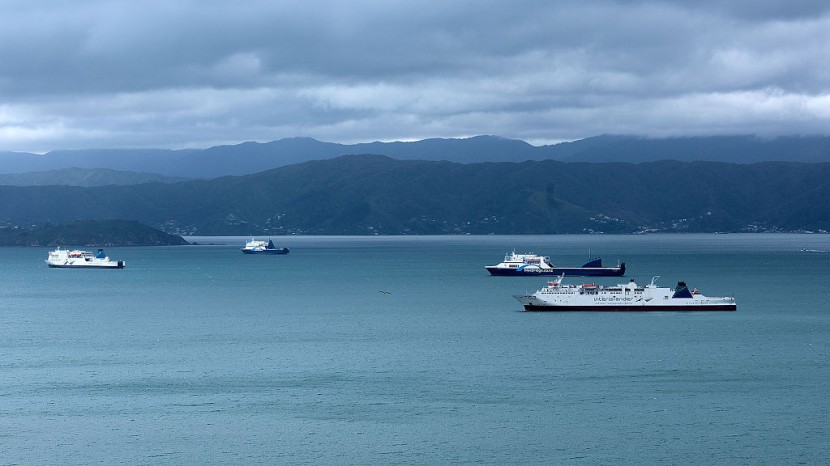
Niue, a small island nation in the Pacific, has devised an innovative strategy to fund the protection of its expansive and pristine territorial waters: it will get sponsors to pay.
According to the initiative, which was unveiled by Niue's Premier Dalton Tagelagi on Tuesday in New York, people or businesses can pay $148 to safeguard one square kilometer (about 250 acres) of the ocean for a period of 20 years from risks including illicit fishing and plastic garbage, as reported by The Associated Press.
By selling 127,000 square kilometer units, which represent the 40 percent of its seas that make up a no-take marine protected area, Niue intends to collect more than $18 million from the plan. According to Tagelagi, his people have always maintained a strong bond with the ocean.
He claimed that because their ancestors taught them about the ocean, Niueans want to be able to transmit that knowledge to the following generation in a healthy and sustainable way.
According to the Food and Agriculture Organization of the United Nations, the majority of fishing in Niue is done for domestic consumption, while there are a few small-scale commercial operations and sporadic offshore industrial-scale fishing activities.
Unrestricted fishing can cause fish stocks to become depleted and unable to recover, and marine animals may consume or become entangled in plastics. Ocean ecosystems for underwater organisms have changed as a result of warmer, more acidic oceans brought on by human-caused climate change.
Niue is also particularly susceptible to increasing sea levels endangering its freshwater resources and land, as well as the possibility of stronger tropical storms fueled by warmer air and ocean.
Niue, which has a population of only 1,700, admits it needs assistance from elsewhere. It is one of the world's tiniest nations, overshadowed by an oceanic area that is 1,200 times bigger than its land area.
Niue Will Purchase Over 1,000 Sponsorship Units
According to the concept, a nonprofit trust will be in charge of managing the sponsorship funds, known as Ocean Conservation Commitments.
Read also: Marine Microbe Diversity's Influence On The Environment Revealed In Breakthrough Study
A Good Idea?
The necessity for nations like Niue to continuously look for new money on a project-by-project basis, according to Mal Imirizaldu, a marine scientist and regional leader with Conservation International and the Blue Nature Alliance, is one issue with the conventional way to finance ocean conservation.
The concept sounded good, according to Simon Thrush, a professor of marine science at the University of Auckland in New Zealand who was not engaged.
Related article: NOAA: Coral Bleaching Event Threatens World's Oceans For Third Time In History
© 2025 HNGN, All rights reserved. Do not reproduce without permission.








